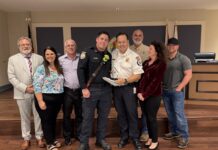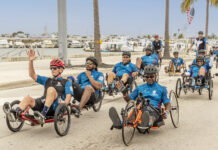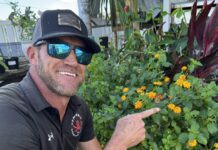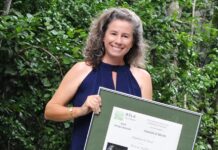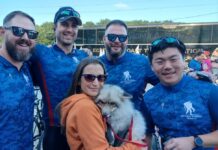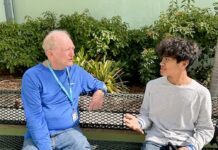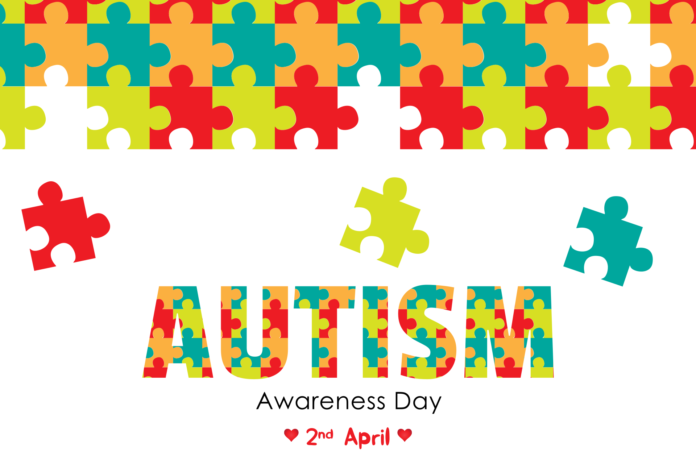
By Alex Rickert and Jill Campbell
As we enter Autism Awareness Month in April, Keys Weekly is proud to partner with the Autism Society of the Keys (ASK) to bring our readers critical information about autism. Check back each week during the month to learn more about community initiatives throughout the Keys intended to raise awareness and support for such a complex disorder.
Autism spectrum disorder (ASD) is a condition with a staggering growth in diagnosis. According to the CDC, autism rates have increased from 1 in 150 children in the year 2000 to the current rate of 1 in 44 children. With more than 2% of children falling somewhere on the disorder’s spectrum, the importance of recognizing early signs of ASD has never been greater.
Autism is typically diagnosed when a child is around 18 months old, but children can also be diagnosed later in life depending on the severity of their ASD. Early intervention is key, and there are many therapies and resources available for children.
Here are a few of the most common early warning signs of autism. A single one of these characteristics is not a sure indicator of autism, but if a parent notices multiple signs, they are advised to consult their pediatrician or contact the Autism Society of the Keys for further guidance.
The Top 15 Sings of Autism
Children with autism may…
1. Avoid or have difficulty keeping eye contact.
2. Be overly sensitive or not sensitive at all to stimuli such as light, sounds, smells, textures or touch.
3. Have trouble transitioning from one activity to another or deviating from an established routine, order or ritual.
4. Line up toys rather than playing with them, or play with parts of a toy rather than the entire toy.
5. Exhibit a lack of speech development, or lose language milestones.
6. Display a lack of social engagement or desire to play with other children.
7. Walk on their tiptoes for extended periods.
8. Display “stimming,” defined as repetitive or unusual movements such as hand flaps, in excited situations or to self-regulate when they are overwhelmed.
9. Be less likely to point at objects they want or at objects or events a parent is looking at or pointing to.
10. Have a generally obsessive, narrowed or restricted interest.
11. Repeat words, activities or movements, often without understanding their meaning.
12. May rock, sway or spin their bodies repetitively.
13. Not respond when they hear their name called, and may not like to be photographed.
14. Display unusual eating or sleeping habits.
15. Have difficulty understanding other people’s feelings and deriving meaning from facial expressions and body language.
ASK is a local nonprofit organization established in 2009. The organization works with children and families throughout the Florida Keys to provide help and assistance throughout the county. It offers support meetings, educational speakers, family socials, sensory boxes and training. More information is available from Jill Campbell, founder and executive director, at 305-942-5172 or via email to autismsocietyofthekeys@gmail.com.




